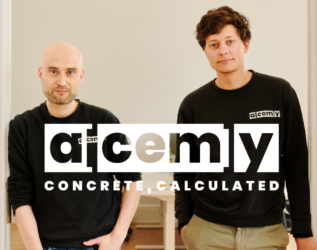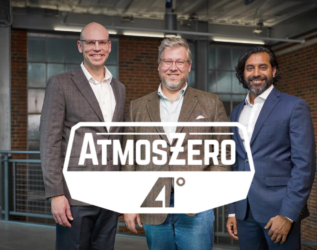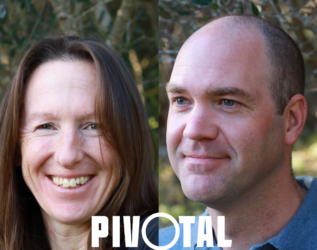Why we invested in Voltfang
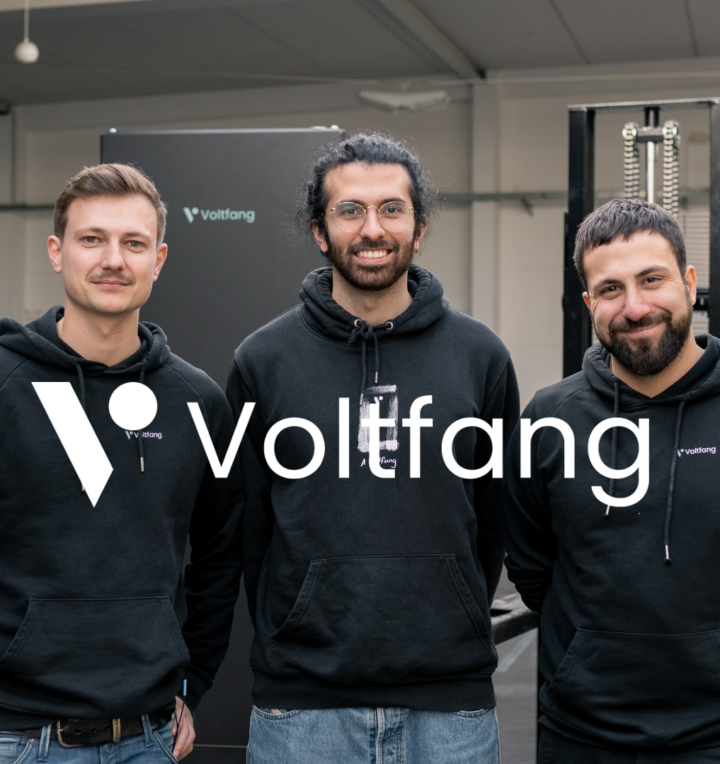
The Problem(s)
Battery energy storage systems (BESS) are positioned to play a pivotal role in the future energy grid by contributing to the resolution of the challenge of aligning renewable electricity generation with demand. According to BNEF, the installed base of global energy storage will reach 411 GW / 1,194 GWh by 2030 – 15x of what it is today. While alternative cell chemistries and fundamentally different energy storage concepts, such as thermal storage, compressed air, gravitational storage, etc., are being developed, lithium-ion batteries are anticipated to remain the dominant energy storage technology. Nonetheless, the increasing concerns surrounding supply chain constraints and resource consumption are posing challenges to the use of lithium-ion battery storage.
On the other side of the equation, an estimated capacity of 112-275 GWh of batteries will be decommissioned from electric vehicles (EVs) upon reaching their pre-defined end-of-life (EoL). With no recycling technology available at scale today, these resources are currently wasted.
The Solution
By repurposing decommissioned EV batteries for stationary BESS Volfang solves the issues of two high-growth industries simultaneously. Voltfang matches the supply of decommissioned EV batteries, which would otherwise be discarded, and the demand for decentralized energy storage, which would otherwise be served by newly produced battery packs. Voltfang sources battery packs from automotive OEMs and runs a proprietary AI-based test to determine key parameters which provide insight into each module’s remaining lifetime. Battery modules which are found to have a sufficiently high remaining state of health (SoH) are re-assembled into new BESS for second-life use in commercial & industrial applications. Voltfang stores all relevant information regarding the individual battery modules in its Battery Cloud, which is then utilized by the battery management system to control the BESS, ensuring a product lifetime that is equivalent to that of first-life BESS. By producing a competitive product, Voltfang is enabling the energy transition while promoting sustainability, which is significantly superior to that of existing alternatives.
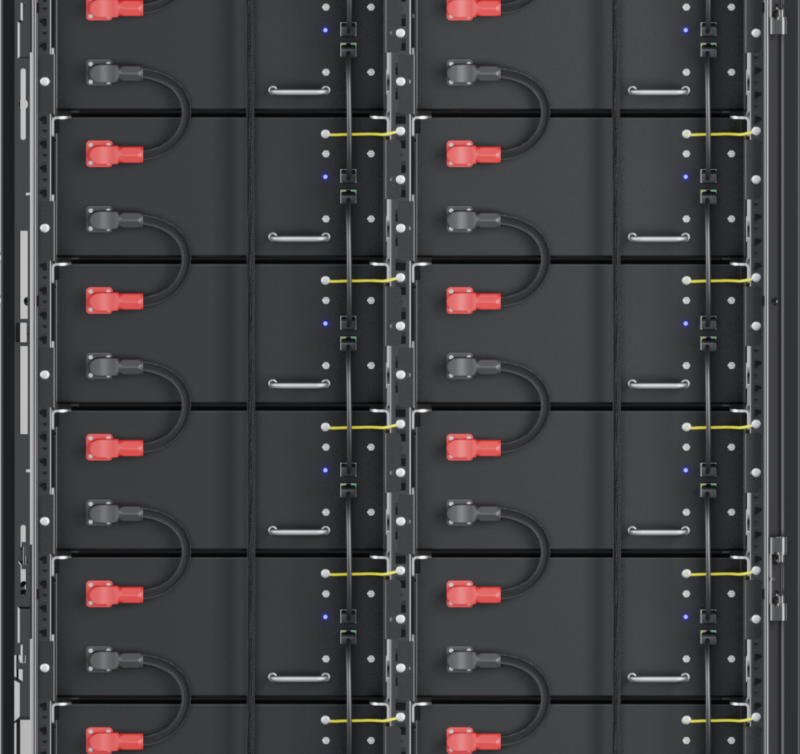
Voltfang aligns with AENU’s impact guidelines as it contributes to SDG 7 (Clean & Affordable Energy) and SDG 12 (Sustainable Consumption & Production) by adding battery storage to the grid using decommissioned EV batteries, thereby making battery storage more affordable, while decreasing the need for virgin materials, and reducing production-related emissions. Voltfang is committed to quantifying, tracking and improving their impact KPIs and is achieving remarkable results.
The Right Team
Besides the compelling product and vision, the key reason for AENU’s investment in Voltfang was the strong founding team. Afshin, David, and Roman not only have the required academic background in engineering, but also the business acumen to scale Voltfang to a leading manufacturer of BESS. The founders and the team they’ve hired have impressed us with the progress on tech development and commercial traction since our initial pre-seed investment in Q1 ‘22.
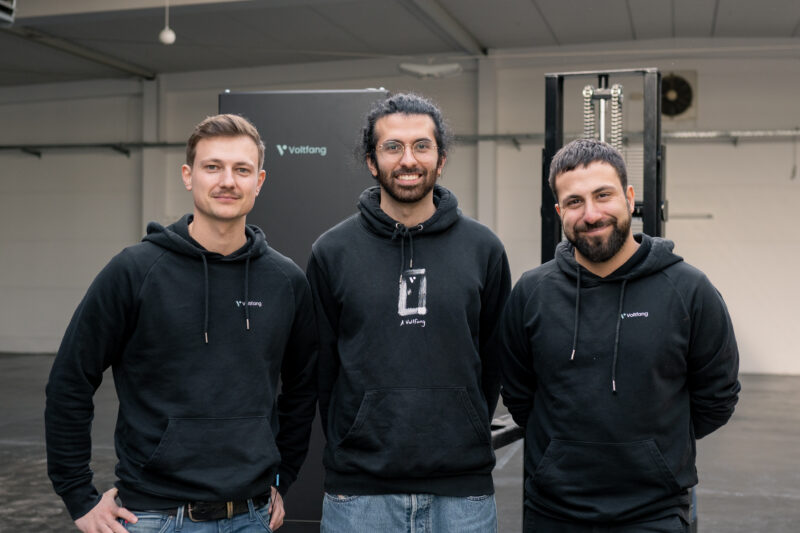
Voltfang raised a €5M Seed round led by PT1 in which AENU invested alongside Aurum Impact, Helen Ventures, and Eviny.
Read the full press release here.



